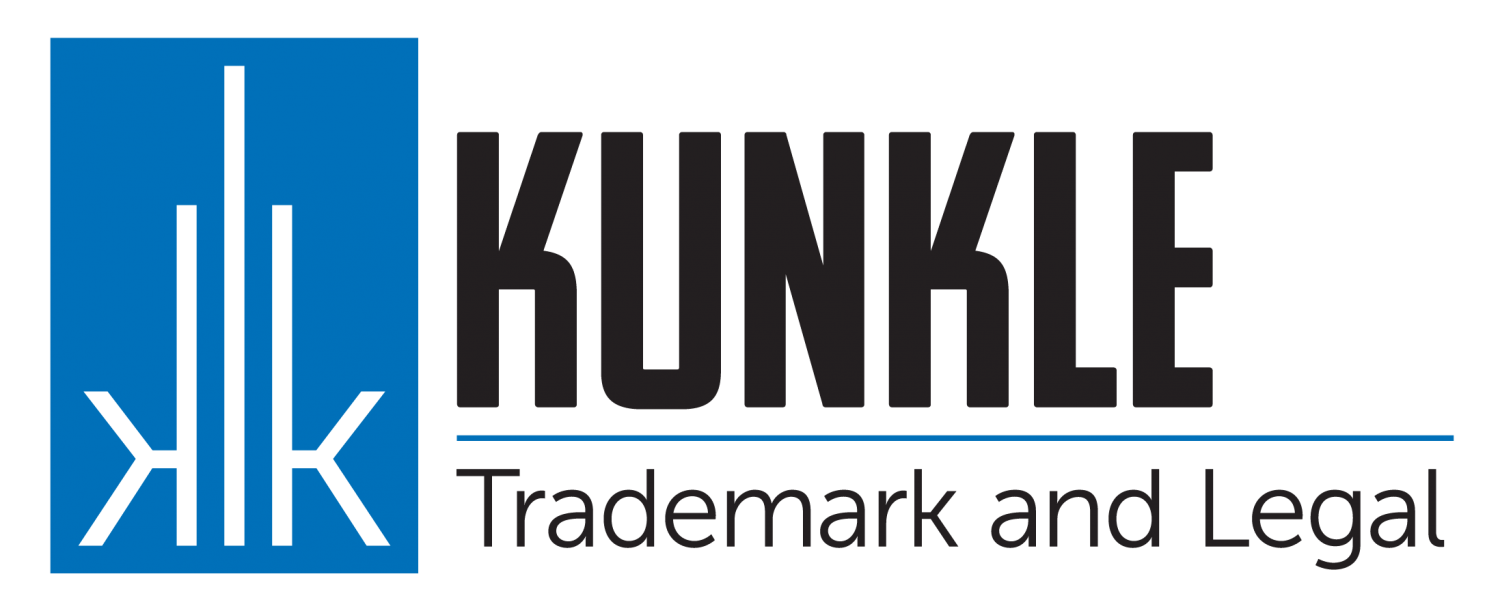What does a “morals clause do?
Morality
The basic idea is simple – if you are in the public eye and you do something stupid and doing that stupid thing makes the purpose of the contract frustrated, then the other party can say I’m canceling the deal. For example, lets say the Queen of England enters into a contract with a department store to endorse its new clothing line “Queen.” She might have a clause in her deal that says something like
- Queen agrees to conduct herself with due regard to public conventions and morals, and agrees that she will not do or commit any act or thing that will tend to degrade her in society or bring her into public hatred, contempt, scorn or ridicule, or that will tend to shock, insult or offend the community or ridicule public morals or decency.
She then gets arrested for soliciting men in a downtown Minneapolis hotel. The Department store has an interest in protecting its image and can cancel the deal by invoking the morals clause. A few real life examples include: Kate Moss – Chanel – photographed allegedly snorting cocaine – Michael Nade (“All My Children”) – ABC – cocaine arrest Sidney Ponson – Baltimore Orioles – third arrest for alcohol-related violations But wait, if you think this is a concern just for those big name types, think again, these clauses can pop up all kinds of places, from local TV weathermen, to mechanical contractors.
Reverse Morals
So is turn about fair play? Some folks think so and are putting “reverse morals clauses” into their deals so that if the company is tainted by scandal, they endorser can get out of the deal. Same concept applied to other types of arrangements such as naming rights, think Enron, but the same applies to smaller deals as well.
